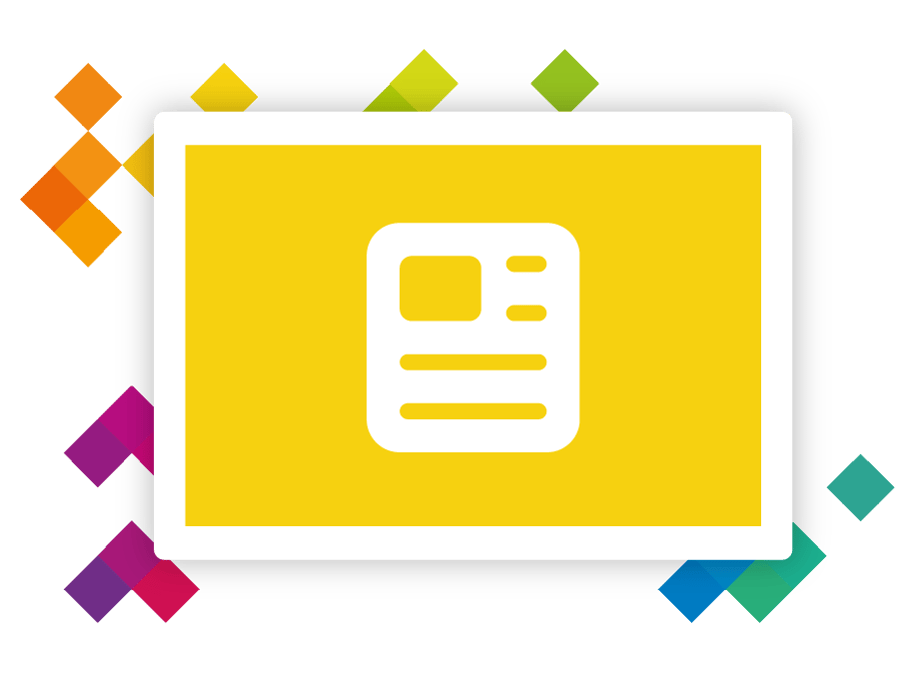We look ahead to the next government and find out which education policies top the wishlist for the apprenticeship and training industry.
The next generation: The future of Gen Z in the workplace

There’s been a lot of discussion about the cultural divide between older and younger employees. While many stereotypes are unfounded, it’s true that expectations of young people entering the workforce and their employers are often quite different from each other.
The next generation: The future of Gen Z in the workplace
Pessimism about the rewards for long hours and unpaid extra responsibilities have led a lot of Gen Z employees to take a more transactional approach to employment. There’s now greater value placed on a company’s culture, ethos and work-life balance, and less on the security and stability prioritised by previous generations.
These differences don’t just affect young jobseekers trying to find the right cultural fit for them – they can also result in employers struggling to hire and missing out on promising new talent.
It's important for training providers and other educators to understand the attitudes and expectations of the next generation of workers. This knowledge can help to shape curriculums, make training more engaging and ensure Gen Z learners are fully equipped for the modern workplace.
Build confidence in communication
An often-discussed facet of the workplace generational divide is communication. There’s plenty of evidence to suggest that younger employees prefer to send emails or instant messages, whereas older employees tend to favour making phone calls.
Of course, there’s no ‘right’ and ‘wrong’ way to communicate – but providers have an opportunity to highlight to learners that these are differences they may come across, and should be ready to adapt to.
English skills delivery is a good opportunity to introduce communication as an employability skill. Providers can use this time to show learners how to write professional emails, take advice and instruction, listen actively and discuss topics like salaries in the right way, to help them gain confidence before they enter the workplace.
As former Ofsted inspector Richard Moore shared in a Bud webinar:
“I saw a brilliant review recently with a Polish learner who had very good spoken English, but he was telling his tutor about how he struggles to write formal emails to senior managers. The tutor was going to send him some examples of their own redacted emails to show how to write a formal email. That’s a fundamental skill the learner needs to progress in their career.”
Understand employer expectations
City & Guilds identified that overwhelmingly, learners leaving education feel that employers have unrealistic expectations about the skills and qualifications they will have.
Many reported that employers expect newly qualified employees to be able to start a job and need little to no training. Others report that employers are looking for skills and qualifications that often aren’t necessary, such as degrees or years of experience for entry-level roles.
While it’s almost impossible to train a learner who will tick every box in a particular workplace, training providers need to be proactive about understanding what employers really need. Gen Z employees frequently report a disparity between what they were taught to expect from the workplace and the reality, such as how they should behave and the technology they will be using.
Fostering better relationships with employers can keep expectations up to date and help to communicate what’s possible to teach on an apprenticeship.
Focus on employability skills
Employability skills are a popular topic of conversation for good reason. The lack of general consensus about what the term actually encompasses leaves many employers unclear about what skills they’re actually looking for, and providers unsure what they should be teaching.
City & Guilds also found that some college learners were receiving minimal employability teaching, amounting to no more than how to build their CV. A minority of learners reported no employability teaching in college at all.
With the employment landscape changing rapidly and vastly different from previous generations, providers should be investing in teaching up-to-date fundamental employability skills.
Many Gen Z workers had their education disrupted by the pandemic and may have spent most of their careers working remotely. In addition to guidance on searching for a job and preparing for an interview, think about the soft skills needed for learners transitioning to in-person work environments for the first time.
Shaping training for Gen Z learners
So how can providers make sure their training programmes get the best out of this latest cohort of learners?
Gen Z’s rumoured eight-second attention span aside, the popularity of short-form video platforms like TikTok, Instagram Reels and YouTube Shorts reveal a lot about how the younger generation likes to consume information.
If you haven’t already, incorporate video into curriculums to improve learner engagement and help them to understand and retain material. It doesn’t have to be staff making TikToks – plenty of quality content already exists. Artificial intelligence also has huge potential to tailor content to learners’ preferred format, whether it’s text, image, audio or video.
Gen Z are digital natives, so keep technology at the forefront when teaching this cohort. Most learners nowadays will view content on their smartphones, so choosing a mobile-optimised platform will ensure Gen Z learners can engage with course content in the way they’re most comfortable with.
Deliver quality training with Bud
Bud’s holistic solution is designed to bring together all aspects of apprenticeship and skills training management.
By providing a seamless experience for learners, trainers and employers, Bud aims to facilitate effective collaboration and boost productivity by cutting down on time needed for apprenticeship admin.
Ready to see how Bud could work for you? Book a discovery call here.



